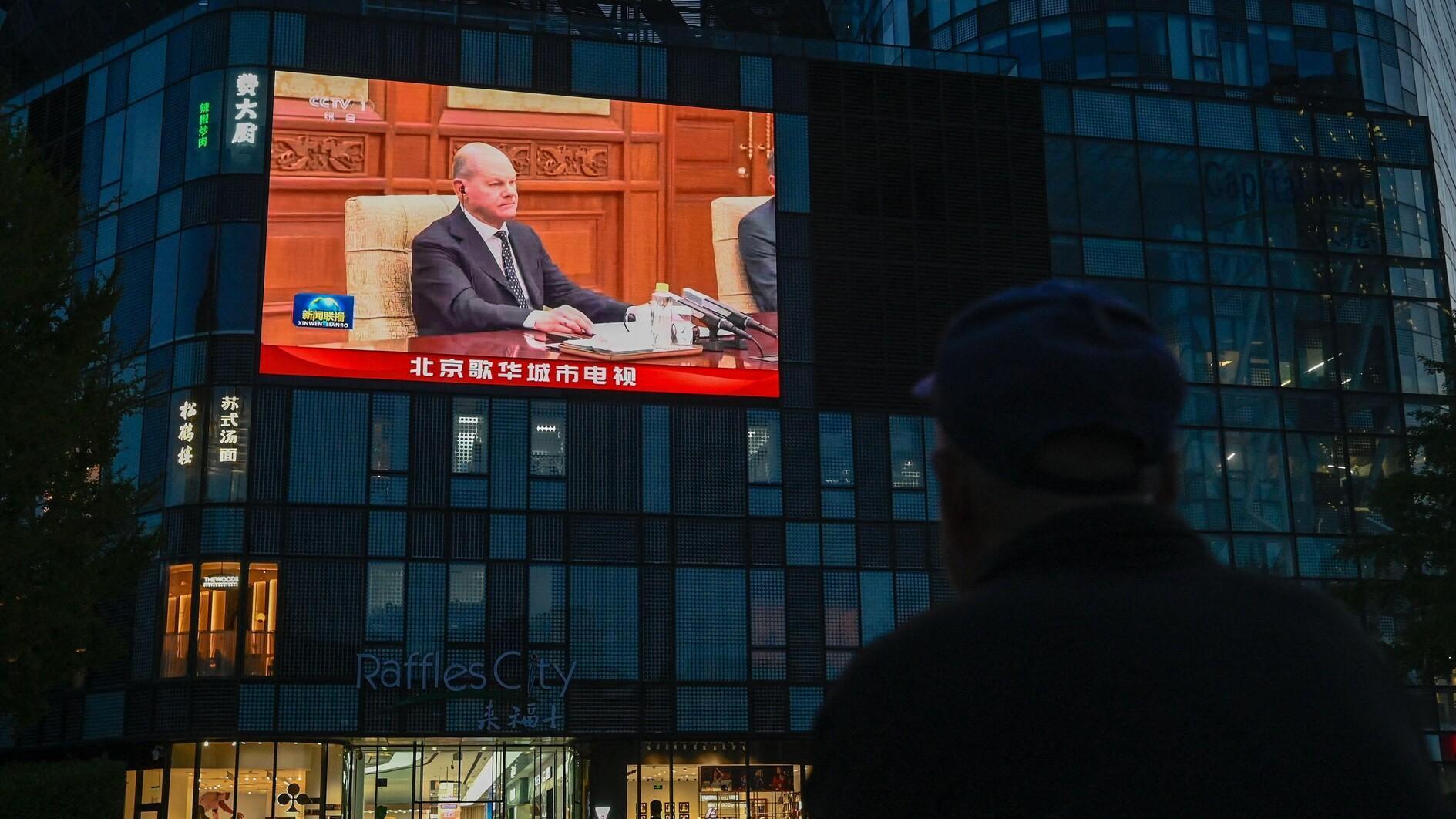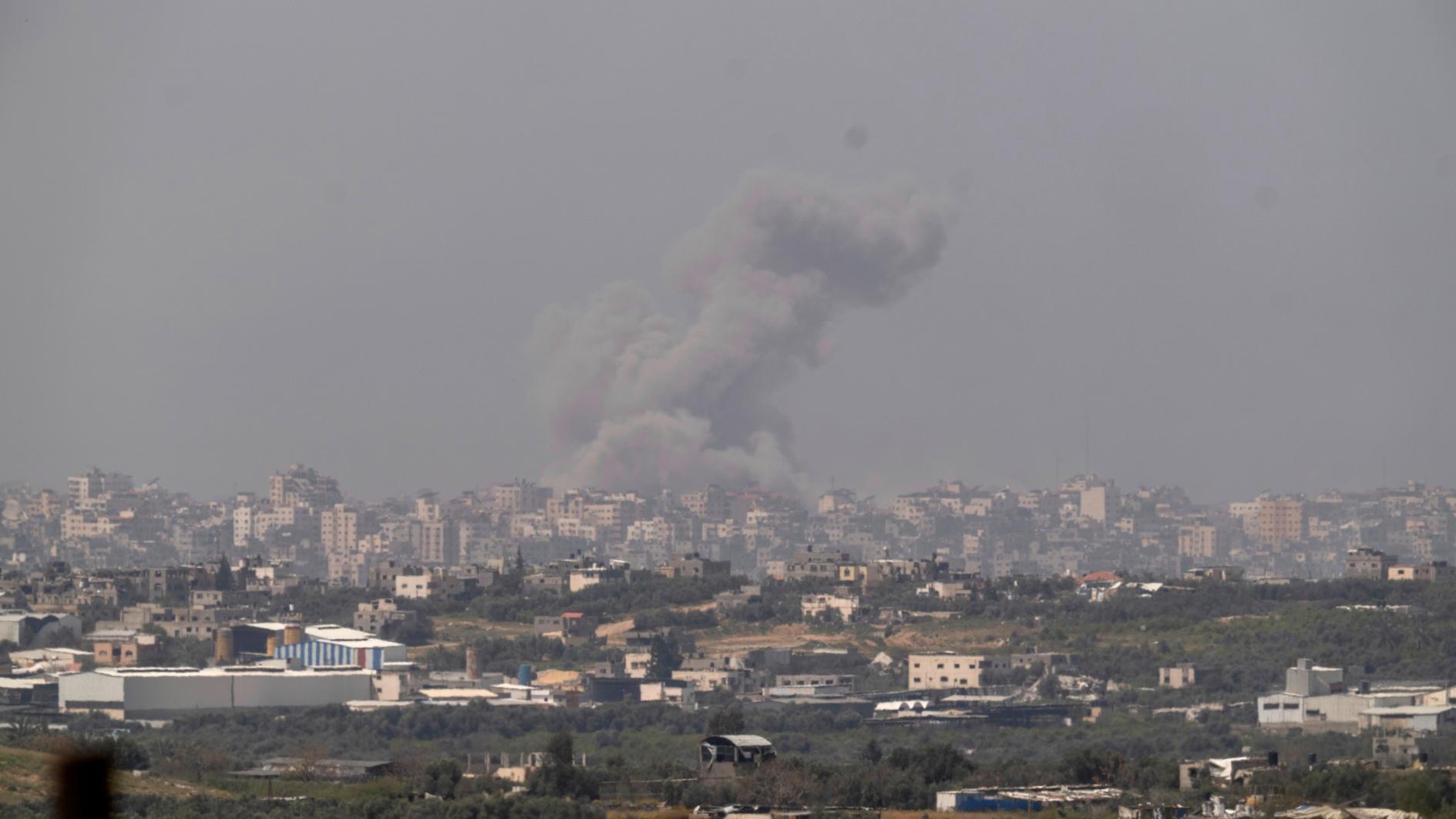Where is Turkey from?
Without focusing on whether Turkey is European or Middle Eastern, can’t we view relations between Turkey and the European Union from the perspective of the law, diplomacy and the economy?
Let us start with a decision by our Constitutional Court.
An Iranian citizen joined anti-regime demonstrations in his country. An “Islamic Revolution Court” accused him of being “involved in activities to topple the Islamic Republic or Iran.” The penalty for this is capital punishment.
He sought asylum in Turkey. Because he did not comply with the obligation to sign in once a week, authorities ordered his extradition. His lawyer appealed to the Constitutional Court (AYM), asking for an urgent injunction to stop the extradition process. The top court decided on Dec. 16, 2015, to accept the demand because he faces a serious danger against his life in the event that he is extradited.
How did the AYM understand the threat against his life? The court drew this by looking at Human Rights Watch’s report on Iran. The report stated that there were death sentences for several crimes in Iran and many executions for nonviolent crimes.
First of all, do you see how important international reports are? The Venice Commission was accused by our government of being “political” and actually the government was not able to say anything else. Well, the European Court of Human Rights (ECHR) accepts the reports of this commission as legal justification.
Second, one can also see how the mention of “capital punishment” negatively affects the foreign policy of countries, even security policies, right?
If there is a possibility of a death penalty, then extraditions are not carried out. It is our own Constitutional Court that says so.
Now, who benefits from the frequent mention of the death penalty in Turkey? What is it good for?
Following President Recep Tayyip Erdoğan’s discussions in Brussels, European Council President Donald Tusk said he “put the question of human rights” at the center of the discussions.
Tusk gave the same message to U.S. President Trump. He said he was not sure that they had a common opinion about Russia. “However, my main message to President Trump was that what gives our cooperation and friendship its deepest meaning are fundamental Western values, like freedom, human rights and respect for human dignity. The greatest task today is the consolidation of the whole free world around those values, and not just interests.”
Pay attention to the “interests” and “free world values” concepts in Tusk’s statement.
Certain interests of ours obviously clash with the EU and some particular European countries. Of course, we should defend our interests and national respectability. However, we should not forget that our common interests are much bigger. A substantial portion of our foreign trade, foreign investments, technological relations and academic exchange programs are with EU countries. The values of the free world such as “freedom, human rights and human dignity” are at least as important as these.
We know the intense atmosphere our country is currently experiencing; also international reports demonstrate that all our freedom and law graphics that used to climb upward until 2010 are now going down.
Our foreign relations are accordingly full of issues. The image of authoritarianism is a heavy burden on Turkey’s shoulders. If Turkey creates a free, democratic state that respects the rule of law, then it will gain huge power and energy from diplomacy to the economy and security.











